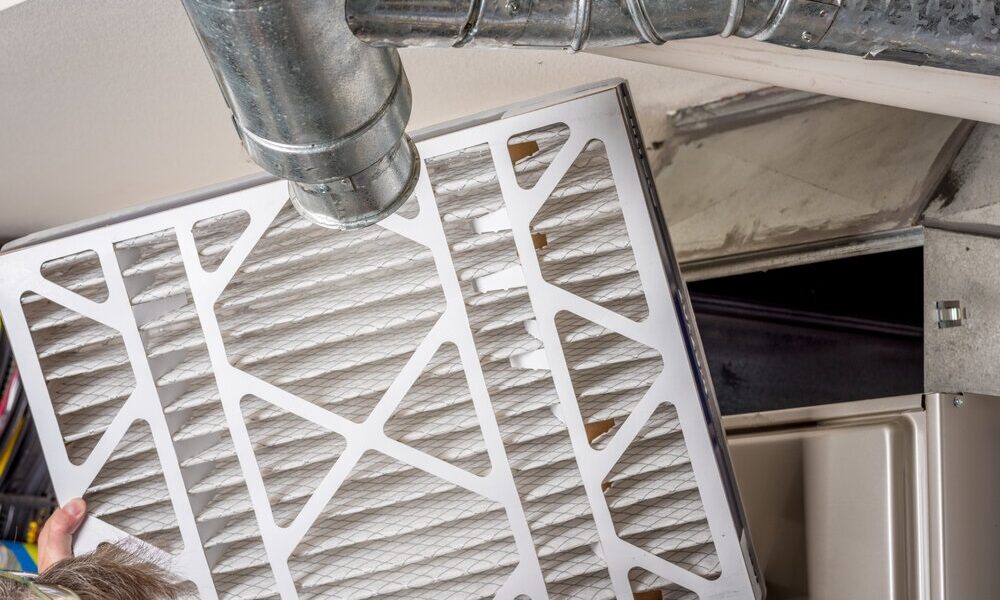A lubricant is used to reduce friction and heat generated when two surfaces are in mutual contact. Compressor oil is necessary to reduce friction and make the HVAC system work efficiently. The persistent wear and tear causes hvac parts to work less than their optimum. They need to be repaired and replaced frequently.
An HVAC compressor oil’s primary purpose is to reduce friction, removal of heat, and sealing. For example, in a rotary compressor, HVAC compressor oil is used to provide lubrication between the cylinder and the motor’s rotor.
HVAC Compressor oil brings the resistance of an HVAC system to the minimum, which ensures maximum efficiency. Moreover, HVAC compressor oil also delays the wear and tear. A good compressor oil has the following properties. Let’s have a look.
- Viscosity: Viscosity is the measure of a fluid’s resistance to flow. In layman terms, it is the thickness of the oil. The higher the viscosity, the thicker is the oil, and the slower it flows. Poise is the metric unit for viscosity. Most of the oil is measured in centi-poise, which is 1 centi-poise = 1/100 poise. Big HVAC compressors require very viscous compressor oil, that is, having high viscosity.
- Chemical Stability: Not every compressor oil is suitable for any HVAC system. Only that compressor oil should be used, which has been recommended by the HVAC compressor manufacturer. Using any oil can react with the refrigerant used in the HVAC system, which can lead to the formation of acids and hamper the HVAC compressor’s performance.
- Dielectric strength: The dielectric strength of an oil is the maximum voltage that can be applied across the fluid without electrical breakdown. Therefore, if the dielectric strength of compressor oil is high, it means it has an excellent electrical insulating quality. So the compressor oil used in an HVAC compressor should have high dielectric strength.
- Moisture: Most oils dissolve a certain amount of moisture and water, reducing their viscosity and making them undesirable. The presence of moisture in oil also reduces the dielectric strength of the oil. Therefore, as far as possible, try to reduce the amount of moisture in contact with the oil.
Types of HVAC compressor Oils
Two types of HVAC compressor oils are commonly used in an HVAC compressor. They are mineral oil and synthetic oil.
Mineral oils are obtained from refined crude petroleum oil. During this process, all the natural contaminants and unwanted hydrocarbons are removed. Mineral oils are thicker and are much lower in cost. They require frequent oil changes. One type of mineral oil (MO) called Naphthenic is commonly used.
On the other hand, synthetic oils are obtained by mixing many synthetic components and are entirely human-made. These oils contain lesser impurities and require less frequent oil changes. Synthetic oils such as glycols, esters, and alkylbenzenes (AB) are used.
In addition to lubricating an hvac system for its smooth functioning, hvac parts need to be checked from time to time.




